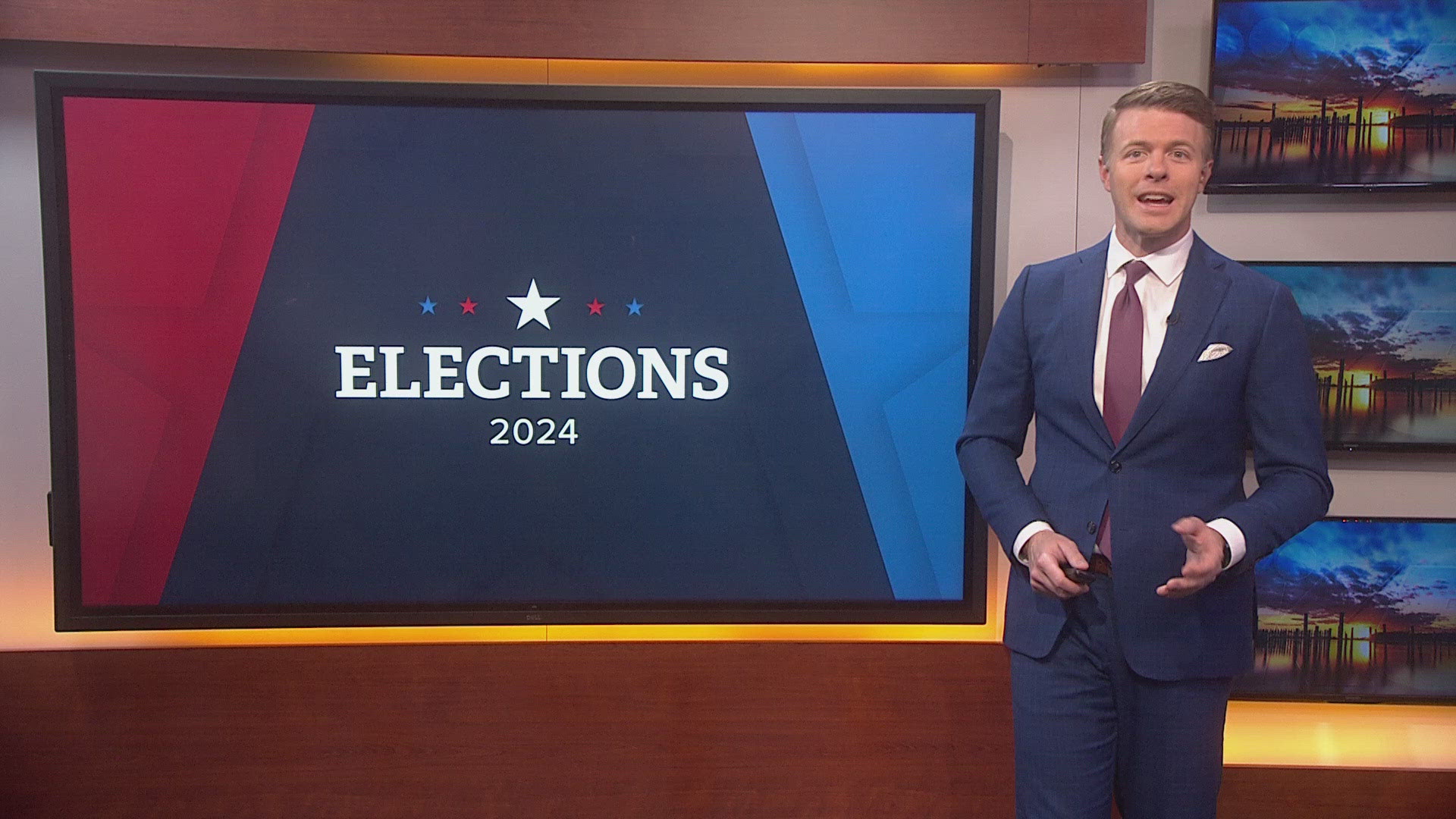Editor's note: The video above was originally published in May 2018.
A trio of consumer protection bills has cleared major votes in the state Legislature, including one targeting a type of undated lawsuit that the state attorney general called potentially confusing for consumers.
The House-approved proposals also target the handling of medical debt and the timeline for reporting debt to scorekeeping credit agencies, along with revisions to wage garnishing rules and interest rates.
All three bills passed bipartisan Senate floor votes on Monday. Two of the proposals now head to Gov. Jay Inslee, although the garnishment and rates bill still needs House approval of an amendment.
Washington Attorney General Bob Ferguson requested one of the bills, which targets a practice where debt collectors serve an undated lawsuit, known as pocket service. These collectors deliver a court summons and complaint to a debtor before filing it, according to a Monday release by Ferguson, and key information including the court date is omitted. Debtors who call the court seeking more information may be told the lawsuit doesn't exist yet.
If debtors miss don't appear at their court date, they can have a summary judgment entered against them.
"Pocket service is an unfair shortcut for debt collectors intended to blindside Washingtonians with default judgments," Ferguson said, calling the process confusing for consumers.
The proposals also lower overall interest rates and the amount collectors can take from debtors' paychecks.
Federal law allows debt collectors to take up to 75 percent of an employee's wages or the equivalent of 30 times the federal minimum wage from their weekly paycheck, whichever is higher.
Carolyn Carter, deputy director of the National Consumer Law Center, an advocacy group that issues periodic reports on debt protections, said the changes would be significant but likely wouldn't move the state into the top tier in every category of protection.
In a 2013 report, the group ranked Washington in its second lowest tier of states for wage garnishment rules, noting that the amount it exempted from garnishment was only slightly higher than federal rules.
One of Monday's proposals would nearly double that amount.
The same proposal would also exempt up to $2,000 in cash holdings like savings accounts.
The increased wage threshold would move Washington into at least the top half of U.S. states, Carter said. The 2013 report found states with stronger protections, including Missouri, which protects 90 percent of wages for a family head, and Texas, which exempts all wages.
But the $2,000 limit for bank accounts would put Washington atop most states: Only Massachusetts and Wisconsin had higher exemption limits, according the report.
Lowering the default interest rate for debtors who lose in court was also a key part of Monday's proposals, which would cut it by a quarter to 9%.
Sen. Mike Padden, a Spokane Valley Republican, said he supported lowering the interest rate and doing away with pocket service altogether.
But Padden said he opposed the changes to the garnishment rules because protections exist that already allow debtors to often avoid it.
Medical debts are also targeted by Monday's proposals, which would set new timelines for when hospitals could transfer debt collectors and when collectors can notify the agencies that score consumer credit.
"You have to make sure that people pay their debt," said Redmond Democratic Sen. Manka Dhingra, who sponsored a companion to one of the measures. "But you have to make sure that ... people can live day-to-day."



